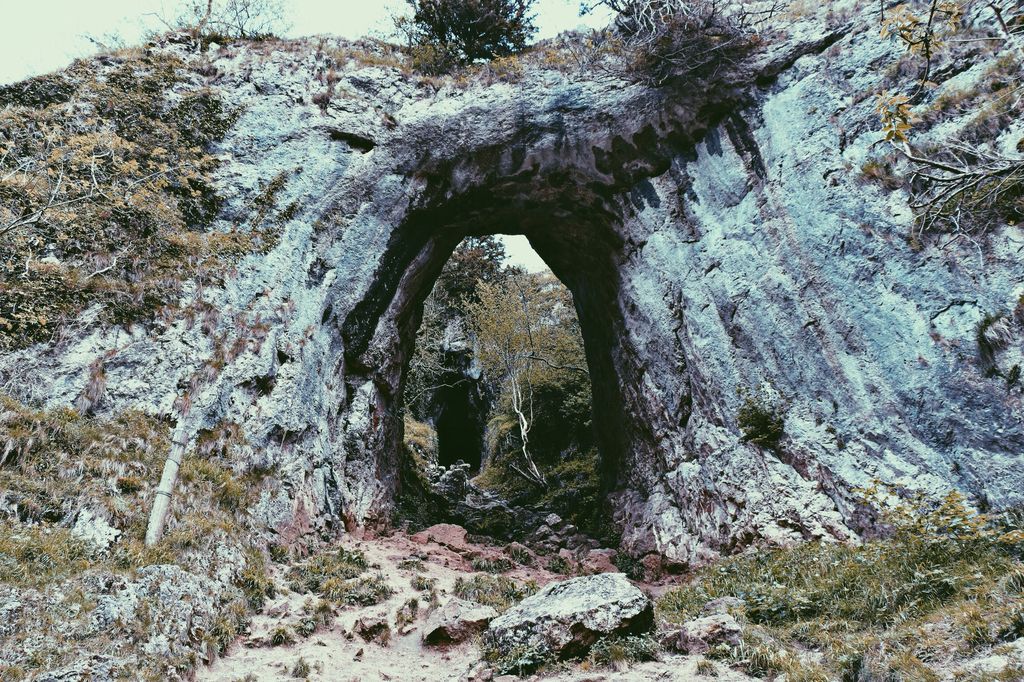 There is energy associated with every choice you make.
There is energy associated with every choice you make.
A low-energy choice leaves you feeling drained, conflicted, stuck, disconnected, fearful, frustrated, hopeless, and ready to crawl back into bed. You contract into a low-energy choice, and it leaves you feeling “less than”.
Do you see yourself in any of these low-energy choices?
Negativity
This low-energy choice comes from a glass half empty mindset where you’re perpetually looking for a problem, a slight, what’s missing, or not quite right. Solutions and possibilities evade you when you come from a negative place. This low-energy choice is the opposite of adopting an attitude of gratitude. In fact, it’s impossible to be negative and grateful at the same. Which will you choose?
Rehash
This low-energy choice comes from choosing to replay a scenario over and over in your mind, focusing on all the things you could have, would have, should have done differently. You know you’re making this low-energy choice when you keep rescripting an event with If only I’d done this… and What if I’d said that… This low-energy choice is the opposite of scanning a past event for lessons you can extract and then letting it go and moving on.
Stuckness
This low-energy choice lets your past dictate your future. “I’ve already invested five years in this job so I have to stay.” “I’ve already invested $5000 in this project, so I need to keep going.” The faulty logic: If an investment has been made in the past, then you should continue living that choice in the future. You should if it’s a choice that serves you and your future, otherwise it’s simply a low-energy choice keeping you stuck in the past.
Siege Mentality
This low-energy choice is expecting something to be difficult, draining or discouraging rather than anticipating ease. A client had a looming deadline for a significant volume of writing. In the past, she anticipated the work with heaviness, expecting a struggle. This time she asked herself, “How can I make this easy?” Simply asking a high-energy question opened up new possibilities for meeting her deadline with ease.
Doomsday
This low-energy choice is expecting the worst possible outcome as a type of emotional cushioning in case things do, indeed, go badly. When you expect the worst, it closes your mind off from certain possibilities and fosters powerlessness—not to mention makes your mind a pretty unpleasant place to be. John Milton said, The mind is its own place, and in itself can make a Heaven of Hell, a Hell of Heaven.
Blame
This low-energy choice is all about assigning blame for the circumstances in your life. Playing the blame game turns you into a victim, makes you feel weak, and keeps you helpless. It’s liberating to stop looking for others to blame for what’s going on in your world. Being responsible for your life—all of it—can be challenging at times, but it’s worth the power you gain from taking responsibility.
Adrenaline
Are you an adrenaline junkie? Do you keep making choices that perpetuate a fight or flight response? Do you opt for maintaining a high stress approach to life, such as procrastinating until the last minute to meet a deadline or overpromising so a superhuman effort will be required to complete a project? When you live on adrenaline, you have to keep the stress and drama at a persistently high level in order to feed off the “high”.
Which of these low-energy choices have you been making?
